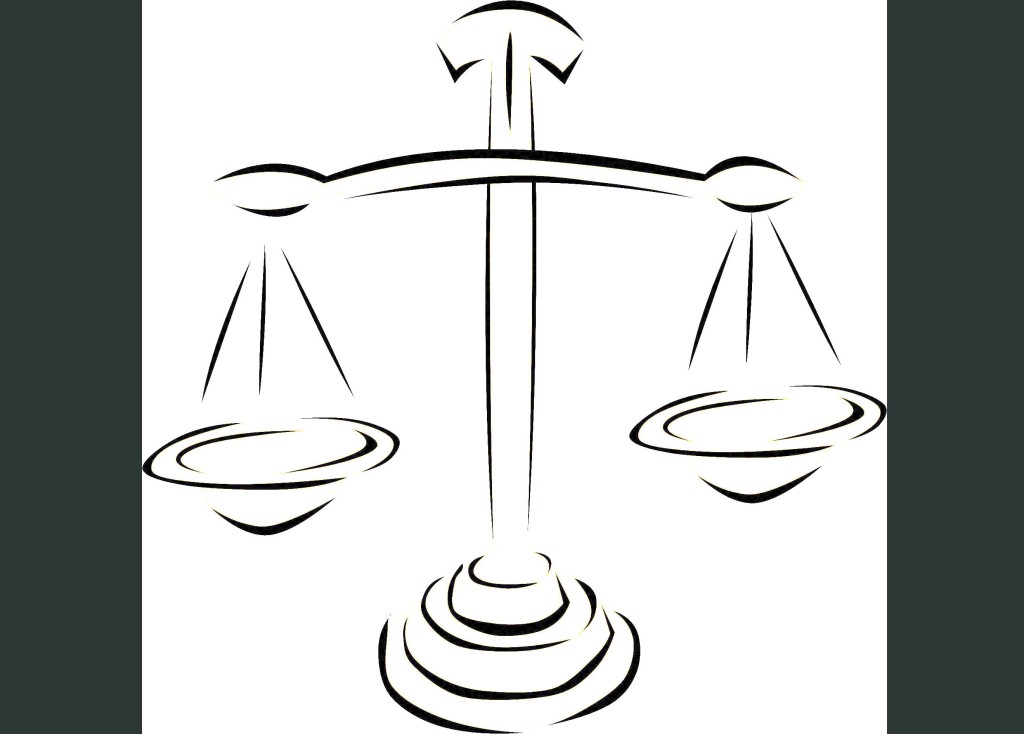You have free articles remaining this month.
Subscribe to the RP Witness for full access to new articles and the complete archives.
Psalm Category: Communal lament
Central Thought: God will judge the world with full equity
Key words: remember/forget; Babylon/Jerusalem-Zion
It is likely the psalmist recently returned to Jerusalem from Babylon, rejoicing to come home (Ps. 126) but feeling devastated by the sight of barren Zion (temple mount) and ruined Jerusalem. He and those with him are home but still are captives. Their comfort and confidence is the certainty that God is just and will finally and fully deliver them.
This psalm speaks to us in our recurring sorrows over old sins against us where our tormentors refuse to repent so that we may forgive them and be reconciled. The theme of remembering ties the three sections of this psalm together.
We Remembered Zion (vv. 1–4). Babylon had an extensive canal system for transportation and irrigation but also providing cool refreshment. This pleasantness, even in captivity, could have caused the exiles to forget Jerusalem; but the psalmist and his brethren remembered with sadness (v. 1; Neh. 1:3–4). A group of people with harps (v. 2) suggests the Levites, whose privileged duty was to sing in worship (1 Chron. 15:16), a duty we all have in Christ. The insistent request by their captors that they, as Levites, sing in a place other than Jerusalem implies the worship of another god, which they could not do (vv. 2–4; 2 Kings 18:22; John 4:20).
We Will Not Forget Jerusalem (vv. 5–6). In the past, these Levites could not forget God by worshiping other gods. Now, conversely, they will remember God by praising Him in Jerusalem (vv. 5–6). They impose a curse on their hand if it does not play the harp in praise to God (v. 5) and on their tongue (v. 6) if it does not sing the Levitical refrain, “For [the Lord] is good, His lovingkindness is everlasting” (Ps. 136:1f; 1 Chron. 16:34). It is primarily in praising God in public worship that we glorify and enjoy Him in His church (v. 6; Matt. 6:33).
The Lord Will Remember Those Who Destroyed Us (vv. 7–9). Having spoken of his past and present remembrance of God’s church (vv. 1, 5–6; Zion, Jerusalem), the psalmist now asks God to remember those who destroyed the church without restraint, remorse, or repentance (vv. 7–9). He is asking God to exercise just vengeance against His enemies according to His promise to deliver His people from all their enemies on every side (see Deut. 32:41; 2 Sam. 7:1; Ps. 54:7). It is only when our enemies are completely destroyed that we are completely delivered. An example of this is God destroying Egypt in the Red Sea (Ps. 136:15). In the Second World War, Germany and Japan were completely destroyed in justice and then rebuilt in mercy. If modern countries will rebuild other nations in mercy, they must employ a thorough judgment first, beginning with themselves.
The psalmist comes to God as judge and presents evidence in support of his petition. The first exhibit is Edom, which rejoiced in Jerusalem’s destruction and aggravated her sorrows (v. 7; Obad. 1:10–15). The second, a superlative and conclusive exhibit, is Babylon (vv. 8–9; Isa. 13:1f, 16f). Babylon was the hammer of the whole earth (Jer. 50:23) that destroyed the nations with unspeakable, though usual, cruelty (v. 9; 2 Kings 8:12). Justice demands that Babylon be repaid in kind and in degree (v. 9; Jer. 50:29; 51:24).
Weighty Lessons. Justice is a hard attribute of God (Shorter Catechism Q. 4). The severe cruelty against children (v. 9) should shock us into a full understanding that God is just and that He will most certainly judge every person and nation with this same equity (Ps. 96:10; 98:9).
We should understand that the severity of verse 9 is found also in the cross. The Father dashed His own Son against the rock of Calvary in full payment for our sins. The severity of the penalty is the measure of the enormity of our sins.
For these reasons, we must flee from the just wrath of God against our sins to the full protection of the cross of Christ. In Christ, God’s justice is satisfied and His wrath is removed. Outside of Christ, the full, severe justice of God remains on us. In hell, earthly horrors will seem small in comparison.
We must join the psalmist in asking God to destroy our unrepentant enemies. That is the only means to the full application of our salvation. Only when Babylon is destroyed is Jerusalem established. This was true in Old Testament history, and it will be true at the end of all things (Rev. 18–21). This is what we pray for when we say, “Thy kingdom come, Thy will be done on earth as it is in heaven.” When we pray that prayer, we are singing this psalm. When we ask the Lord to “deliver us from evil,” we are asking Him to “destroy the works of the devil” (1 John 3:8).
Flee from God’s justice against your sin to His mercy in Christ’s righteousness. Pray for the destruction of Satan and his kingdom so that you will be saved in Christ and His kingdom. God will reorder our stress in the rest and peace of Christ.
Kit Swartz | Comments welcome at oswegorpc@hotmail.com. Audio files and PDF outlines are at reformedvoice.com.
